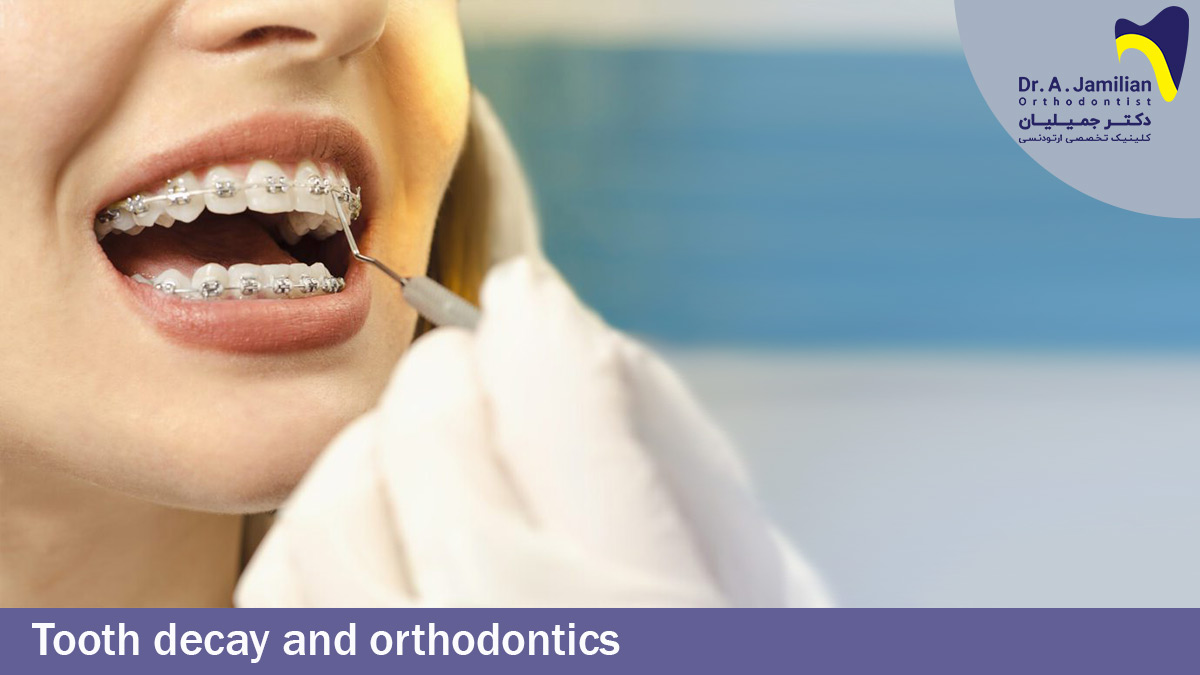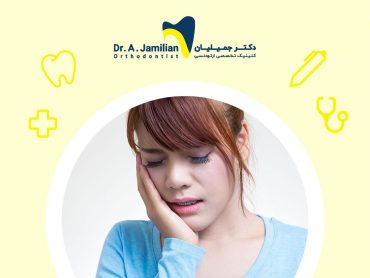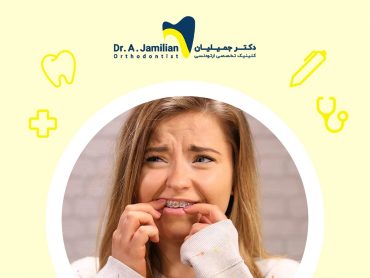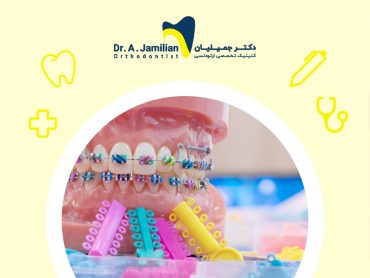Researchers have extensively studied the relationship between tooth decay and orthodontics. Orthodontic treatment predisposes patients to tooth decay since the gums are less able to fight bacteria due to persistent inflammation. Foods trapped in the brackets due to poor hygiene can also weaken the enamel and complicate fighting against bacteria. All these factors increase the risk of caries after orthodontics. However, effective measures can be taken to increase the risk of tooth decay during orthodontic treatment significantly.
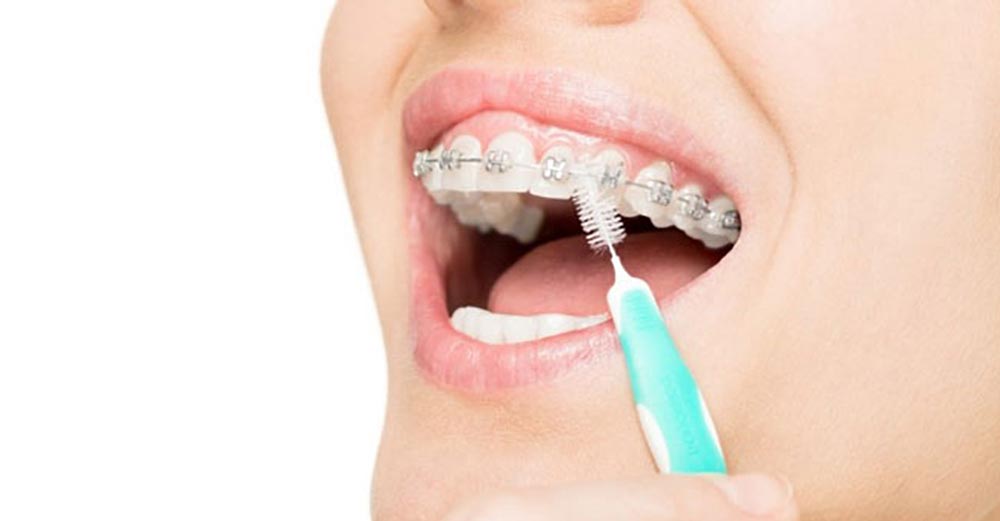
Can orthodontic treatment be performed on decayed teeth?
Simple answer: No. An experienced orthodontist thoroughly examines the teeth before orthodontic treatment. Patients undergoing orthodontics usually suffer from tooth decay because of the rapid decay of misaligned teeth. Before starting orthodontic treatment, the decayed teeth should be identified and repaired and sometimes extracted, although the orthodontist avoids extracting the teeth as much as possible unless they are irreparable.
Prevention of decay during orthodontics
You need to know that tooth decay can emerge in orthodontic treatment. Although this issue may seem inevitable, implementing certain practices can significantly minimize or even eliminate the risk of tooth decay. Adhering to the five tips below will help protect your teeth from decay throughout your orthodontic treatment. These approaches include:
1- Using a Toothbrush Correctly during the Orthodontic Treatment Period
Navigating around orthodontic brackets while brushing can prove a challenging task. Nevertheless, you must select an appropriate orthodontic toothbrush and emphasize proper dental hygiene to avoid decay. An interdental toothbrush is particularly effective for cleaning teeth during orthodontic care.
2- Using Dental Floss during the Orthodontic Treatment Period
Regular flossing is crucial for preventing tooth decay throughout orthodontic treatment. If you are uncertain regarding flossing correctly with orthodontic brackets, consult your orthodontist.
3- Adopting a Proper Diet during the Orthodontic Treatment Period
To prevent tooth decay, you must monitor your diet closely. Reducing the consumption of sweets and sticky foods can help protect orthodontic brackets and prevent tooth decay. It is also recommended to include fibre-rich foods and dairy products, particularly milk, in your diet.
4- Reducing the Consumption of Harmful Beverages during the Treatment Period
Acidic beverages, e.g., different types of soda, coffee, and alcoholic drinks, can lead to tooth decay and damage. It is recommended to steer clear of these beverages while receiving orthodontic care.
5- Using Mouthwash during the Orthodontics Treatment Period
The growth of bacteria in your mouth is not something to worry about if you use standard mouthwash recommended by your dentist. This is because it guarantees your dental hygiene. Therefore, adding chlorhexidine-free mouthwash to your daily routine is advisable to prevent tooth decay while undergoing orthodontic treatment.
